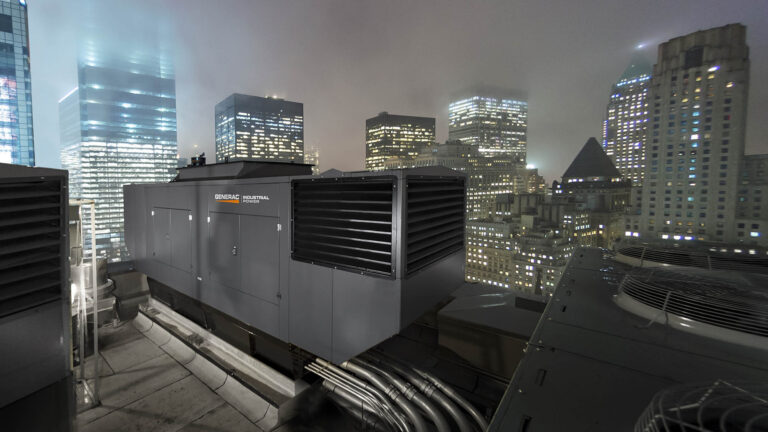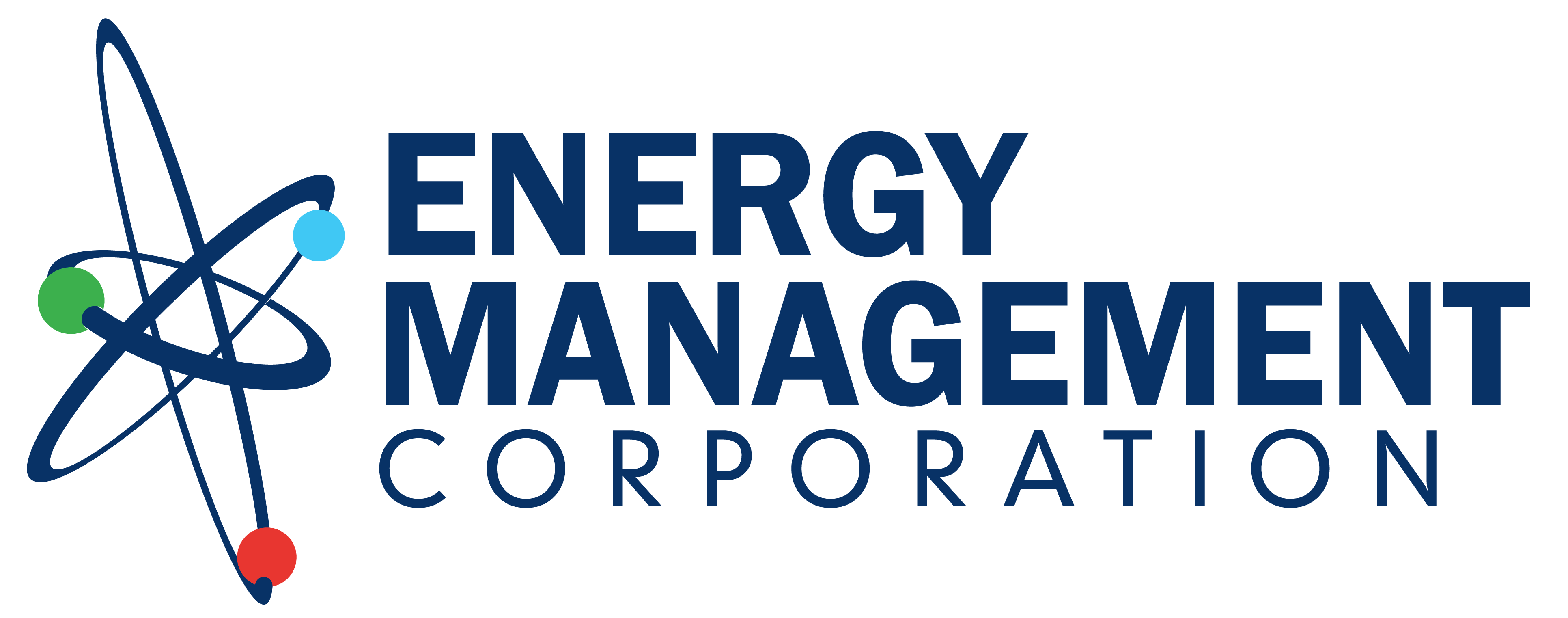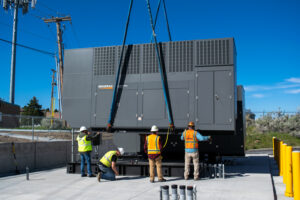
To Natural Gas or to Diesel?
Over the past decade an aging power grid and increase in extreme weather events has led to an increase of power outages. With technology ruling our current world, when power is down, productivity grinds to a halt. If these outages have affected your home or business, you may be on the hunt for a standby generator. The two main fuel sources you can choose from for these types of generators are diesel and natural gas. But how do you know which one is right for you? Take a look at the rest of this article for some guidance through this important decision.
Pros of Diesel Powered Generators
- Diesel generators are more power dense. Natural gas generators need to be 30% larger than a diesel generator to produce the same output.
- Diesel is able to be stored on site and moved easily, making it the fuel of choice for rural or portable generators.
- Diesel is much less flammable than natural gas, this means less fire hazard.
- Less expensive upfront cost in the greater than 150kW range.
- If fuel is properly stored on site and maintained, you will always have a fuel source in the event of a natural disaster.
- Require less maintenance than natural gas generators.
Cons of Diesel Powered Generators
- Much louder and put off a more pungent odor than their natural gas counterparts, making them the 2nd choice in residential areas.
- Diesel fuel requires a lot of upkeep. It must be tested annually (NFPA 110 8.3.8), it must be consumed or replaced with clean fuel within its storage life (NFPA 110 7.9.1.3), microorganisms can grow at the diesel/water interface and plug up the filters, and fuel can gel in colder climates if the proper additives aren’t maintained
- The EPA is placing many more restrictions and regulations on diesel generators because of their environmental implications.
- Diesel generators need to be load banked every 2-3 years due to wet stacking that can interfere with function and hinder efficiency.
- If you run out of diesel during an emergency, and there are no roadways accessible, you are unable to run your generator.
Pros of Natural Gas Generators
- Produce less noise pollution and put off a less pungent smell than diesel generators.
- Natural gas is (generally) less expensive than diesel per gallon.
- Slowly becoming a renewable fuel with advances in the technology of trapping of methane from animal waste.
- Less environmental implications. Natural gas is the cleanest burning fossil fuel.
- Only need to be load banked every 5-7 years to validate cooling and engine mechanics.
- Natural gas utilities report only a .02% chance of service interruption during a natural disaster (Hear a representative from Dominion Energy talk about these statistics on our webinar about this topic).
Cons of Natural Gas Generators
- Need more frequent maintenance than diesel generators.
- Fuel cannot be stored on site, with the exception of installing a liquid natural gas storage container, which is very costly.
- Natural gas is extremely flammable and can cause large explosions if the generator were to start on fire for any reason.
- There is a small chance of service interruption during a natural disaster, when you would need your generator the most.
- Are more costly up front than diesel generators in certain kW models.
Total Cost of Ownership
An easy way to determine this is using the Total Cost of Ownership Calculator and enter in your specific parameters. This will give you the total cost of ownership for each type of generator over a 25 year span, including inflation. In the long run, and under most scenarios, natural gas generators are cheaper to own over their lifespan.
A slightly harder way to calculate total cost of ownership (TCO) is for you to do some math on your own. The formula for TCO looks something like this:
Installation Costs +
Decommissioning Costs +
Maintenance Costs +
Fuel Costs
– Revenue
= Total Cost of Ownership
You may be wondering what the “Revenue” could be. In some cases, a generator can actually make you money through something called Demand Response. This program allows utilities to remotely access your generator when power levels in your area are not adequate for the load on the grid and use it to help take some load off the grid. The utility companies will give you credits to your account depending on how often they use your generator. This usually only applies to natural gas generators.
You Are Not Alone:
Determining which option will be most cost effective is difficult. For a more in depth analysis of which type of generator is right for you, we recommend getting in touch with us to find a more personalized fit for your specific application.
We Can Help With Your Generator Questions!
Call 800-595-5315 Or Connect With Our Expert Technicians Here:
Other Articles
- Critical Spare Planning
- Where Do I Start On My Generator Installation?
- How can Las Vegas heat lead to generator failures?

Lead Generator Technician
Graduated from Idaho State University with a degree in Heavy Duty Diesel and Onsite Power Generation. Damien is a master tinkerer and has been working on anything with a motor since he was about six years old. Besides being a generator fanatic, Damien is also an avid snowmobiler and aspiring world traveler.





